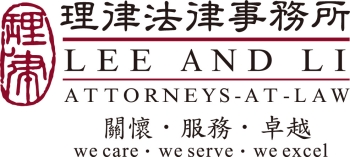According to article 63 of the Trademark Act, after a trademark is registered, the Intellectual Property Office shall revoke its registration – at its discretion or upon the application of a third party – if the trademark has not been used for three consecutive years.
If the trademark non-use revocation applicant is not an interested party, the question of whether the court should still order the trademark non-use revocation applicant to participate in the administrative trademark litigation trial is an important issue in trademark non-use revocation cases.
In a recent trademark revocation case, the Supreme Administrative Court ruled that the goods or services used by the registered trademark should be consistent with the goods or services specified in the trademark registration. Failure to use the registered trademark on the designated goods or services for more than three consecutive years a without justifiable reason shall constitute a ground for revocation as stipulated in article 63 of the Trademark Act.
The purpose of article 63 of the Trademark Act is to urge the trademark owner to lawfully use the trademark after it is registered. Considering the interests of consumers, the importance of maintaining fair competition in the market and promoting the normal development of industrial and commercial enterprises and other legislative purposes, trademarks should be open to public scrutiny, and it would not be appropriate to limit the eligibility to file a revocation case.
When the Trademark Act was amended in 1992, the previous requirement that only an interested party is entitled to file a trademark revocation was revised. The current Trademark Act grants any third party the right to apply for revocation against trademark registration for non-use.
For further information on this topic please contact Ruey-Sen Tsai at Lee and Li Attorneys at Law by telephone (+886 2 2763 8000) or email ([email protected]). The Lee and Li Attorneys at Law website can be accessed at www.leeandli.com.



